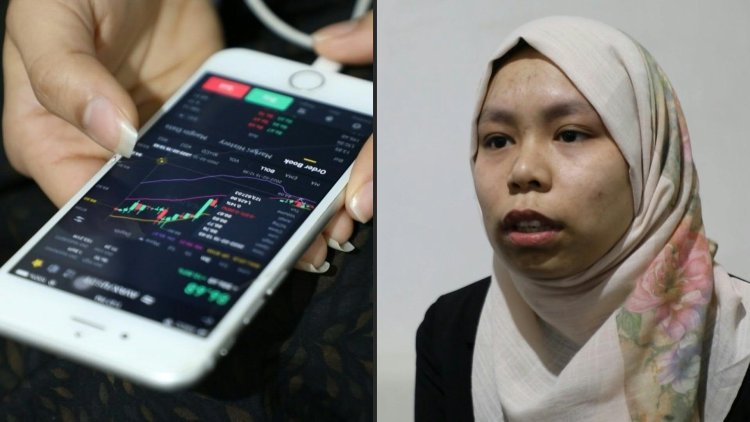Crypto provides fix for some in crisis-hit Afghanistan

In the middle of a bazaar in western Afghanistan, Arezo Akrimi takes out her smartphone and, after a few taps of the screen, changes some cryptocurrency for a bundle of hard cash.
Arezo, 19, is one of a hundred students in Herat receiving around $200 a month in cryptocurrency since September thanks to an American NGO Code To Inspire.
This sum, which she converts at a bureau de change into Afghanis, is crucial for the rent and to help feed her family of six.
Since the Taliban returned in August, Afghanistan's economy has virtually collapsed and the country is in the grip of a crisis caused by the seizure of billions of dollars of assets held abroad.
But digital currencies and their decentralised architecture, impervious to international sanctions, are allowing a handful of young Afghans to avoid the worst of the crisis.
"It was very surprising for me to learn that this could be used in Afghanistan," Arezo said. "It was really helpful."
Code To Inspire was founded to teach computer programming to women in Herat, but its hi-tech approach is now also helping students get funds in the economically deprived nation.
Bank transfers to Afghanistan are almost impossible currently, to prevent funds from falling into the hands of Islamist fundamentalists.
But even those with money in a bank struggle to get it out -- individuals are limited to withdrawing the equivalent of $200 a week, and businesses $2,000.
Customers have to queue for hours even for those transactions.
Cryptocurrency transfers have allowed the NGO to circumvent these obstacles while ensuring that each donation gets to those who need it most, founder Fereshteh Forough said.
"Crypto is an incredible way to overcome all kinds of political and economic sanctions, but also a tool that can change the lives of people living in an authoritarian regime," says the American, whose parents fled Afghanistan in the 1980s.
To guarantee the financial security of its students, the NGO avoids paying them in bitcoins, the best-known cryptocurrency but whose price regularly swings wildly.
Instead, it favours the BUSD, a so-called "stablecoin" whose price is backed by the dollar.















